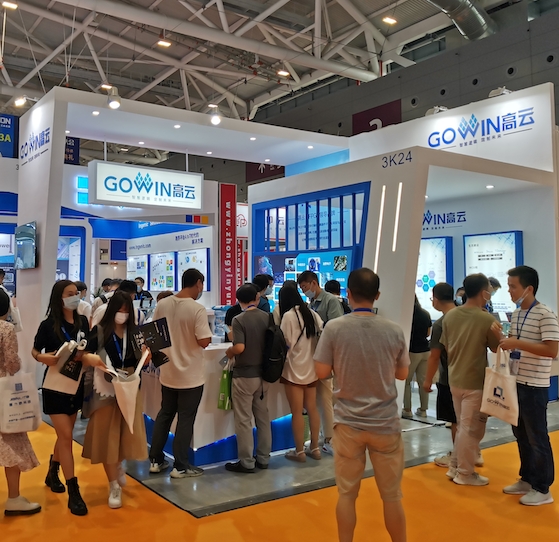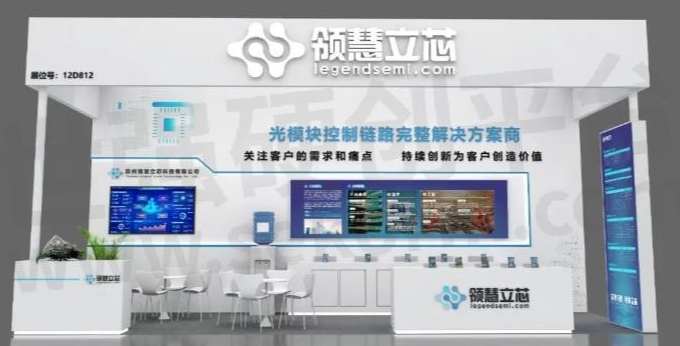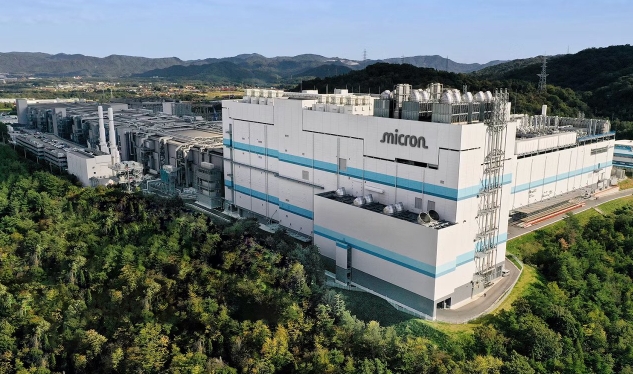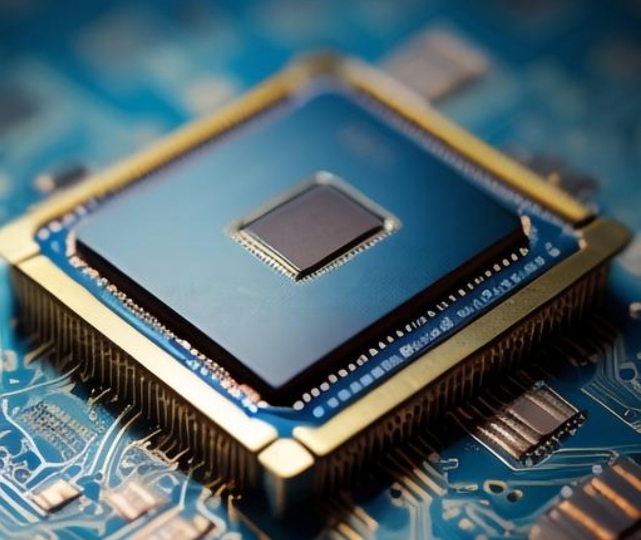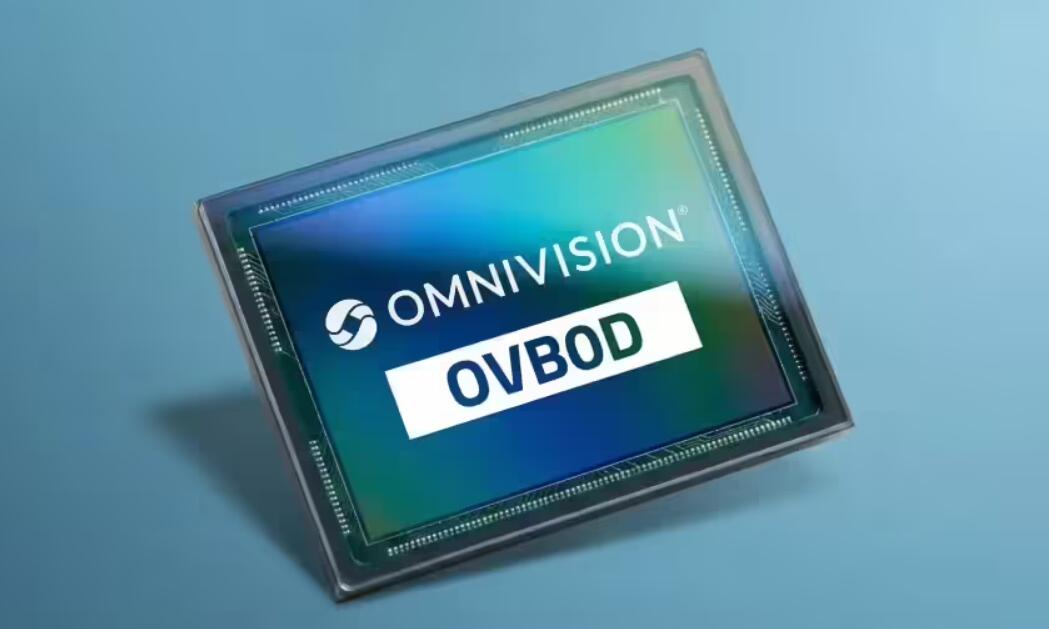September 2 (local time) – Per Bloomberg, the U.S. BIS has revoked the "Validated End-User" (VEU) authorization for TSMC’s Nanjing plant, meaning the facility can no longer "freely ship" U.S. export-controlled key equipment and materials.

TSMC stated: "We’ve received notice that Nanjing plant’s VEU authorization will be revoked on December 31, 2025. We’re assessing the situation, communicating with the U.S. government, and working to ensure uninterrupted operation."
Post-revocation, TSMC Nanjing’s upstream suppliers must apply for case-by-case export licenses (replacing the prior "blanket license" model). This extends approval timelines and adds uncertainty from backlogs—short-term "time costs" and operational volatility will persist despite U.S. efforts to cut administrative burdens. BIS has not commented immediately.
TSMC’s China manufacturing weight is limited: The 2018-launched Nanjing plant contributes a small share of total revenue, with its most advanced process being 16nm. Still, it needs continuous imports of equipment, spare parts, and chemicals—license delays could hit maintenance, yield, and capacity.
Notably, on August 29, BIS revoked VEU authorizations for Intel Dalian, Samsung China, and SK Hynix China (effective in 120 days), adding ~1,000 annual license applications. Unlike these three, TSMC’s VEU wasn’t in the Federal Register (no same revision process), but the result is identical: Suppliers to TSMC, Samsung, and SK Hynix’s China plants now need licenses for controlled gear, parts, and chemicals.
Essentially, the revocation shifts from "one-time approval" to "case-by-case review." TSMC Nanjing’s smooth imports will slow, risking delays to spare part replacement, maintenance, and chemical supply—even with its non-cutting-edge nodes.
Policy-wise, the U.S. aims to tighten supply via stricter processes (not immediate cutoff) for "supply chain rhythm control." TSMC Nanjing’s key challenge is mitigating uncertainty via pre-stocking, alternative materials, and better communication—not whether to produce, but to maintain stability and efficiency.

ICgoodFind: the VEU revocation hasn’t stopped TSMC Nanjing’s production yet, but case-by-case reviews bring supply chain uncertainty. Companies need multi-dimensional plans, and semiconductor players must track policies to adjust layouts.

